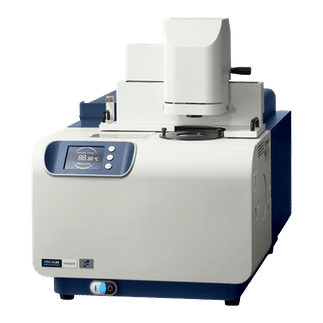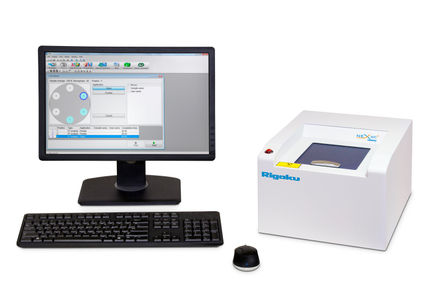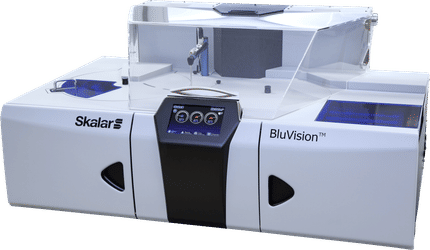To use all functions of this page, please activate cookies in your browser.
my.chemeurope.com
With an accout for my.chemeurope.com you can always see everything at a glance – and you can configure your own website and individual newsletter.
- My watch list
- My saved searches
- My saved topics
- My newsletter
Hydrogen ionHydrogen ion is recommended by IUPAC as a general term for all ions of hydrogen and its isotopes.[1] Depending on the charge of the ion, two different classes can be distinguished: Product highlightCation (positively charged)When hydrogen loses its electron, the following cations can be formed:
In addition, the ions produced by the reaction of these cations with water as well as their hydrates are called hydrogen ions:
The latter two play an important role in proton hopping according to the Grotthuss mechanism. In connection with acids, hydrogen ions typically refer to hydrons. Anion (negatively charged)Hydrogen anions are formed when additional electrons are acquired:
In organic chemistry, a hydrogen atom in a molecule is often referred to simply as a proton. The hydrogen anion has played an important role in quantum physics. References
|
| This article is licensed under the GNU Free Documentation License. It uses material from the Wikipedia article "Hydrogen_ion". A list of authors is available in Wikipedia. |







